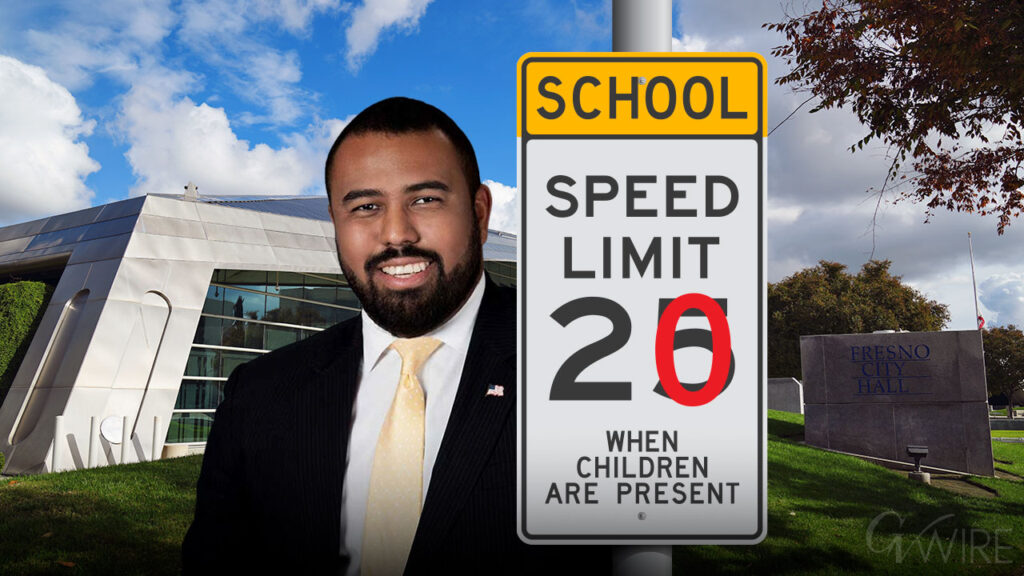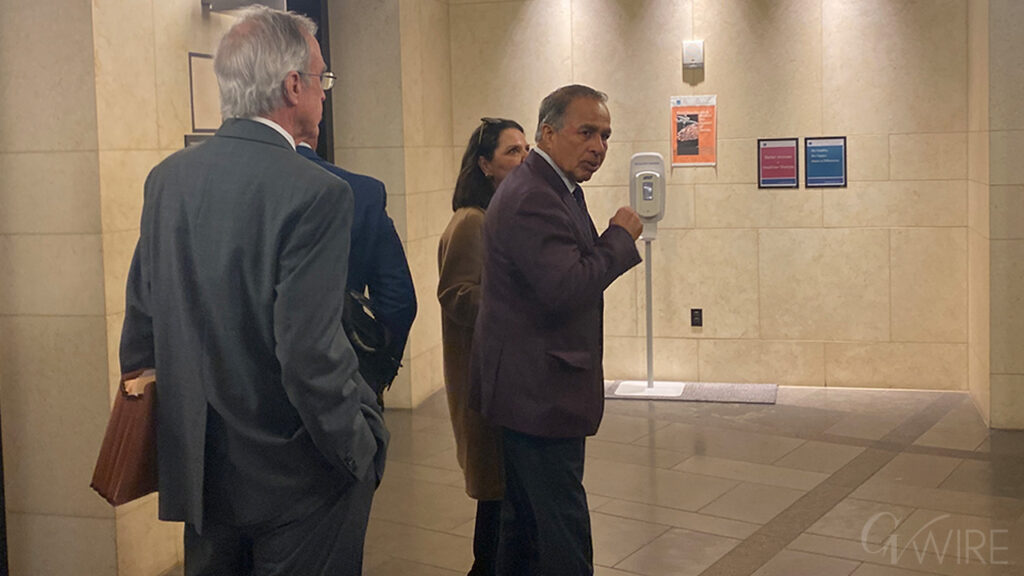President Donald Trump delivers remarks alongside Secretary of Defense Pete Hegseth in the Oval Office of the White House in Washington, on Friday, March 21, 2025. Here is what to know about how classification of information works. (Haiyun Jiang/The New York Times)

- Defense Secretary Pete Hegseth’s texts revealing military strike times were mistakenly shared with The Atlantic’s editor-in-chief.
- Officials dispute whether revealing military strike details was classified, despite longstanding classification of such information under national security protocols.
- Intelligence experts warn that leaking military operation details risks national security, contradicting administration claims that texts contained no classified information.
Share
|
Getting your Trinity Audio player ready...
|
WASHINGTON — “This is when the first bombs will definitely drop,” Defense Secretary Pete Hegseth texted a group of senior Trump administration officials, telling them the precise time of military flights that would attack Houthi locations in Yemen. That message, along with many others, was accidentally shared in real time with the editor-in-chief of The Atlantic.
To many of the people who worked in the classified world of military and intelligence operations, you don’t need a fancy red folder or special government markings to know the plans for an upcoming attack are highly classified. Senior administration officials, however, are staking their reputations on the often bureaucratic nature of classified information.
Here is what to know about how classification of information works.
Is the Information in the Texts Classified?
The administration’s defense has rested on whether the details of the messages counts as classified information. Administration officials have noted that it is up to the Defense Department to decide which details of its own work are classified. And since the head of that department, Hegseth, has declared the information not classified, it therefore is not, they have contended.
Going back to at least the Reagan administration, however, the government has considered information about “military plans, weapons or operations” to be classified.
And Mick Mulroy, a former Pentagon official in the first Trump administration, said the launch times posted were likely taken from a document outlining the real-time battle sequence of the operation against the Houthis. “It is highly classified and protected,” Mulroy said. “Disclosure would compromise the operation and put lives at risk. Next to nuclear and covert operations, this information is the most protected.”
The administration has vigorously resisted that assessment, pointing to the Defense Department’s role in determining what material would be classified.
“There was no classified information as I understand it,” President Donald Trump said Tuesday.
Tulsi Gabbard, the director of national intelligence, expanded on that defense at a House intelligence committee hearing Wednesday, saying “no sources, methods, locations or war plans” were shared.
In the same hearing, Rep. Joaquin Castro, D-Texas, scoffed at claims that the information wasn’t classified. “You all know that’s a lie,” he said. “It’s a lie to the country.”
How Is Information Classified?
Each agency that handles national security secrets can deem information to be classified. Classified information falls into three basic categories: confidential, secret and top secret. Within the top secret category, there is a more restricted level of classification, called sensitive compartmented information, or SCI.
In the pecking order of government secrets, confidential is the lowest level and of least concern to authorities, while SCI is considered the most important and closely guarded. Typically, future military operations would be considered top secret.
The government defines top secret information as the kind of details that could cause “exceptionally grave damage to national security,” while the secret category is for information that could cause “serious” damage, and “confidential” is for the type of secret that would cause the least damage.
Across more than a dozen U.S. intelligence agencies, there are hundreds of officials who can declare information classified.
What Are the Penalties for Mishandling Classified Material?
There are two ways to think about investigations into leaks of classified information: cleaning up a spill or hunting for a leaker to punish.
The choice between those two options can determine what penalties ensue.
In so-called spillage cases, agencies are most focused on finding all the information and deleting it from computers or removing paper pages so that it cannot be shared any further.
Such cases can often result in government officials being punished, demoted or fired. They can also lose their security clearances.
In more serious cases, the FBI and the Justice Department open a criminal investigation. Here, things become a little tricky because the law used to punish leakers, the Espionage Act of 1917, was written long before the current system of classification was created after World War II.
Let’s take a recent example.
In 2023, a former FBI analyst, Kendra Kingsbury, was sentenced to nearly four years in prison for stashing 386 classified documents at her home. Some of the documents contained highly sensitive national defense information.
At her sentencing, officials said the case raised troubling questions. Prosecutors said Kingsbury’s telephone records showed that she had called phone numbers linked to subjects of counterterrorism investigations and that those people had also contacted Kingsbury. Investigators say they were unable to determine what was said on those calls.
—
This article originally appeared in The New York Times.
By Devlin Barrett/Haiyun Jiang
c. 2025 The New York Times Company



















